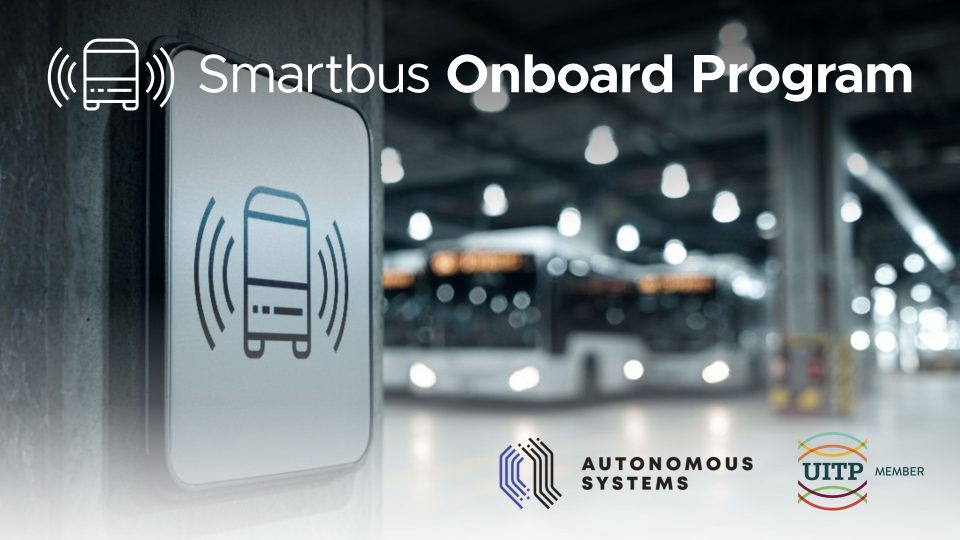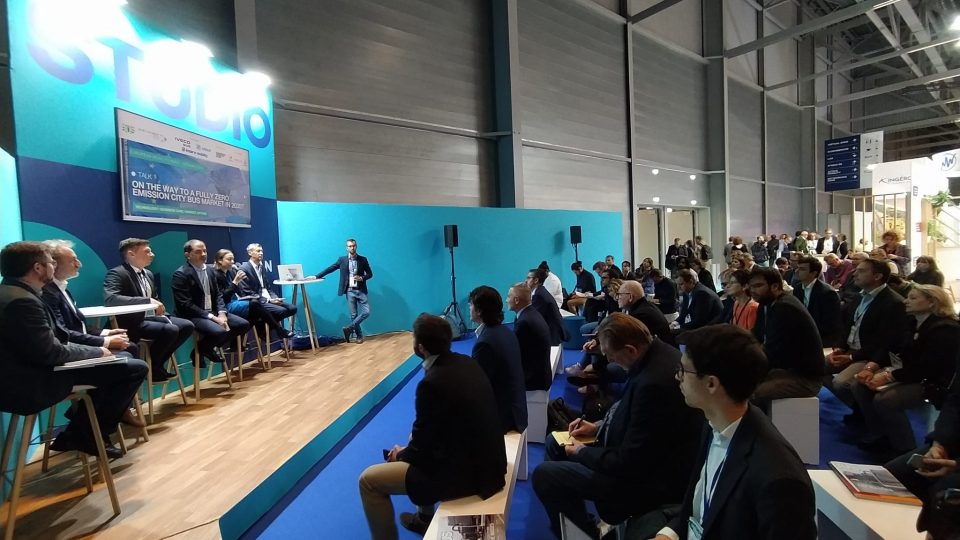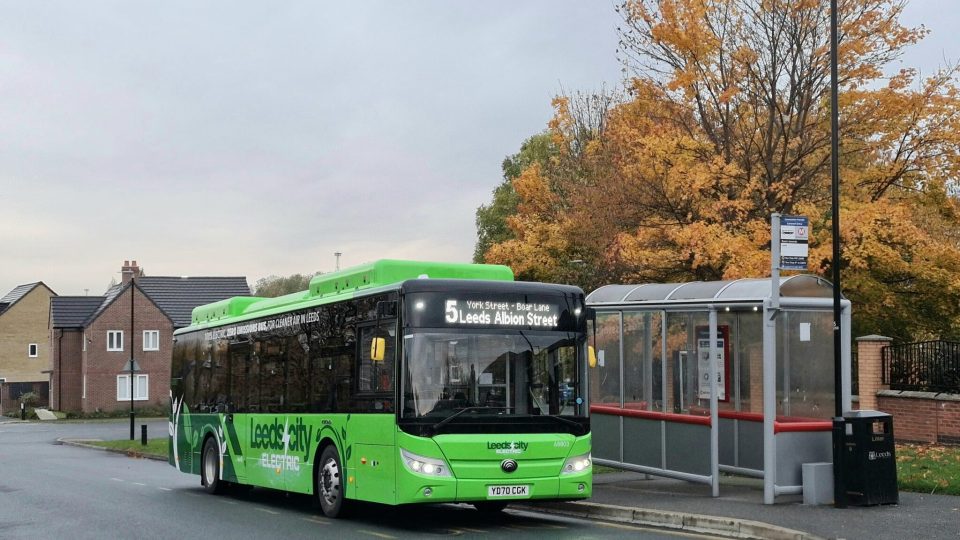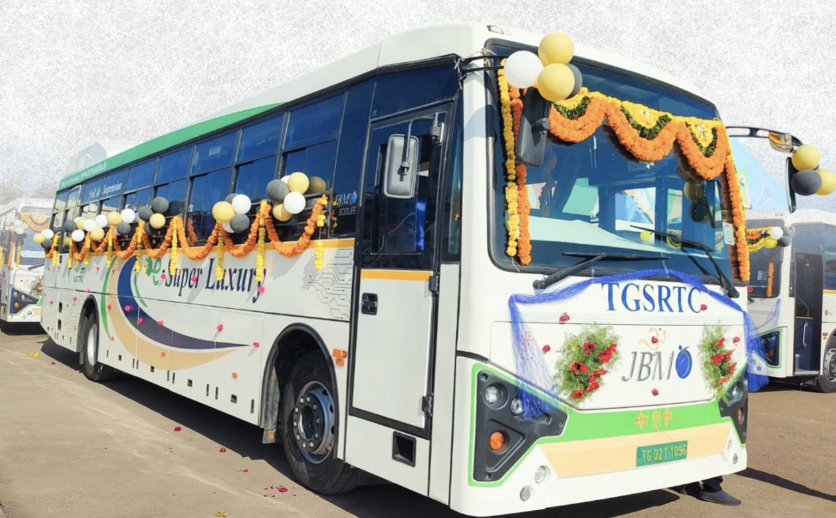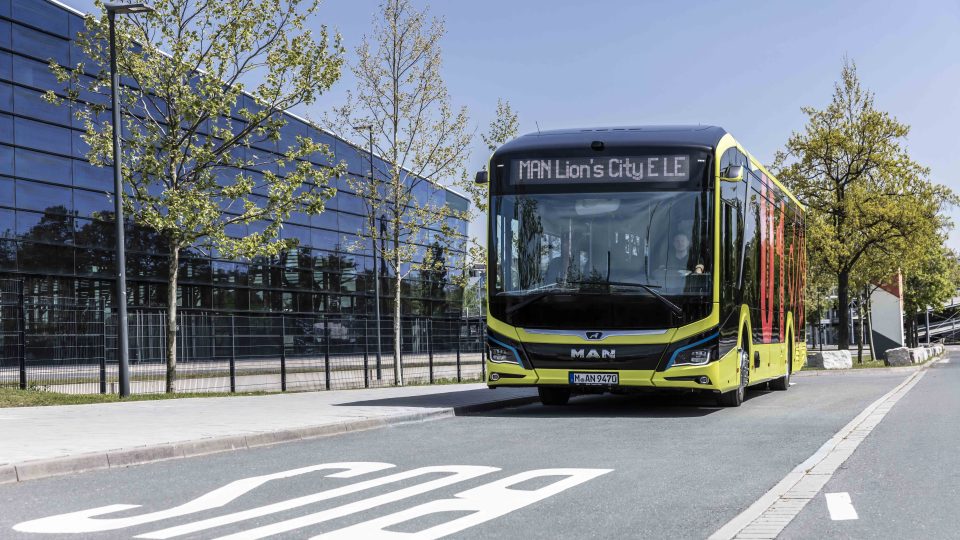+1,500 electric buses registered in India in January-May 2025, with PMI leading
India’s electric bus market recorded a total of 1,571 registrations in the first five months of 2025, reflecting the steady but uneven expansion of the segment. While electric buses continue to represent a small share of the broader bus industry, they remain central to public sector fleet renewal strategies and state-level decarbonization targets. In 2024, […]
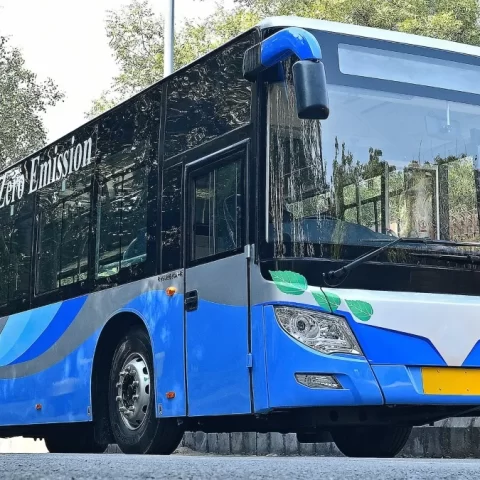
India’s electric bus market recorded a total of 1,571 registrations in the first five months of 2025, reflecting the steady but uneven expansion of the segment. While electric buses continue to represent a small share of the broader bus industry, they remain central to public sector fleet renewal strategies and state-level decarbonization targets.
In 2024, India registered 3,616 electric buses, compared to over 41,000 diesel units. The electric segment represented 12.5% of heavy passenger vehicle (HPV) registrations and only 6.2% of the total bus market.
| Manufacturer | E-bus registrations Jan-May 2025 | Market Share (%) Jan-May 2025 |
| PMI Electro Mobility Solutions Private Limited | 485 | 30.9 |
| Switch Mobility | 377 | 24 |
| Olectra Greentech Ltd | 286 | 18.2 |
| JBM Auto Limited | 187 | 11.9 |
| Tata Motors Ltd | 98 | 6.2 |
| Aeroeagle Automobiles | 63 | 4 |
| Vera Vidyuth Vahana | 22 | 1.4 |
| Others | 53 | 3.4 |
| Total | 1571 | 100 |
Interestingly enough, the top five players—PMI, Switch, Olectra, JBM, and Tata—collectively accounted for over 90% of the market during this period, underlining the concentration of procurement-driven demand among a limited group of suppliers.
The market leader in the e-bus Indian market
From January through May 2025, PMI Electro Mobility Solutions emerged as the market leader, registering 485 units, which accounts for 30.9% of total e-bus sales. The company’s performance was particularly strong in April and May, when it delivered over two-thirds of its total volume.
Switch Mobility followed with 377 units, achieving a 24.0% market share. The manufacturer maintained high volumes in the first quarter but did not record registrations in April. Olectra Greentech secured the third position with 286 units (18.2%), showing consistent monthly deliveries throughout the period.
JBM Auto registered 187 units, translating to an 11.9% share, supported by a strong rebound in May. Tata Motors, while a historic leader in the electric bus space, posted more modest results with 98 units, capturing 6.2% of the market between January and May.
Among smaller manufacturers, Aeroeagle Automobiles delivered 63 units (4.0%), all concentrated in the first quarter. Other entrants such as Veera Vidyuth Vahana, Pinnacle Mobility Solutions, and VE Commercial Vehicles contributed marginal volumes ranging between 18 and 22 units each. Several companies, including JBM Electric Vehicles Pvt Ltd and Mytrah Mobility, registered only a handful of buses.
With support in reporting from Usha Praveen


